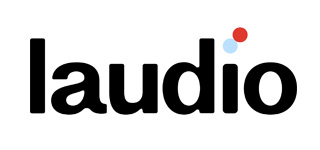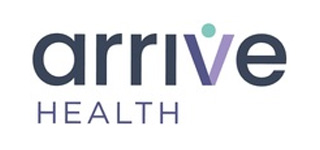UNC Health published a study showing that Laudio’s automation software saved the health system $5.4 million in annual nurse turnover costs. The startup’s technology automates administrative tasks for frontline nurse managers — such as patient rounding, schedule making, and quality and safety checks.
Last week, UNC Health published a study showing that Laudio’s automation software saved the health system millions of dollars in annual nurse turnover costs.
Laudio did not sponsor the study — it was conducted independently by UNC in partnership with Deloitte. The Boston-based startup’s technology automates administrative tasks for frontline nurse managers, which are major contributors to burnout. These tasks include things like patient rounding, schedule making, and quality and safety checks. The company’s platform also uses health system data to deliver nurse managers AI-powered recommendations on how to better connect with their staff.
UNC is a North Carolina-based health system with 19 hospital campuses and more than 900 clinics. The health system first adopted Laudio’s workflow optimization software in 2019.
Tanya Content, system vice president of talent at UNC, said that the health system chose Laudio over other vendors in the crowded healthcare AI landscape because the startup could prove its ability to produce measurable results — such as increased nurse retention, saved time for nurse managers, increased employee satisfaction scores and reduced recruitment costs.
The health system’s new case study, which captured data from 2021 and 2022, was conducted to see what role technology can play in the “UNC Health for Me” initiative. UNC launched this employee retention initiative last year to help it “keep and attract the very best talent while providing a genuinely great teammate experience,” Content explained. The initiative focuses on keeping employees engaged, supporting their wellbeing, recognizing their hard work and providing them the tools they need to be successful in their roles, she added.
By studying how nurses use technology at UNC hospitals, the health system is seeking to gain greater visibility into the factors that shape nurses’ decisions to leave or stay within the organization, Content noted.
“When it comes to understanding nurses’ daily performance and desire to stay with organizations specifically, siloed systems stand in the way of managers having a complete view of their employees and keeping a close pulse on how they’re doing. This in turn hinders their ability to identify and capture opportunities to engage team members proactively to offer support, address challenges early or provide timely recognition for contributions,” she declared.
While point solutions create fragmented workflows and hinder operational efficiency, Laudio’s platform aims to “change this siloed status quo,” Content pointed out.
The startup’s technology assists frontline nurse managers by integrating their core workflows into a single platform and automating their repetitive work, she explained. For instance, nurses can spend more than half their day on scheduling tasks, but Laudio’s technology aggregates and analyzes the health system’s administrative data to streamline this process. This means that managers no longer have to figure out how to accommodate their staff members’ availability and preferences — Laudio can do it for them. The platform also gives managers patient rounding schedules that they can pass on to their staff members.
Additionally, the platform delivers AI-based recommendations to help nurse managers better engage their staff members. For example, the platform sends managers reminders about team members’ birthdays and work anniversaries so that they can recognize them. It also gives managers reminders to schedule check-ins with new hires.
Content also said the technology saves UNC $5.4 million annually by improving nurse retention and avoiding substantial replacement costs for each nurse.
“In this case, managers considered strong users of the Laudio platform averaged an almost 6% higher retention rate than their counterparts, equating to over 100 nurses who did not need to be replaced,” she stated.
Prior to UNC’s use of the Laudio platform, the health system had a 30% turnover rate among its nursing staff annually, Content said. This rate has since decreased to 24%, according to the study.
UNC nurses “consistently cite Laudio” as a meaningful tool that improves their day-to-day work, Content declared.
“Laudio enables nurse leaders to track professional development goals and guide conversations, and it compiles data measuring talent development and career mobility efforts. This is vital to measuring how our teammates are moving throughout the organization. It helps to identify and visually communicate mobility opportunities so our leaders understand the depth and breadth of the internal talent community,” she explained.



